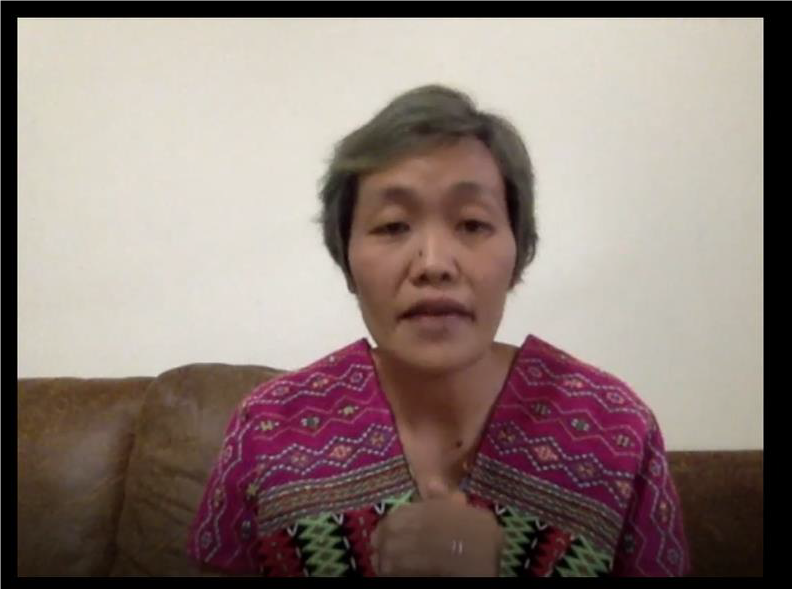Testimonies from Gender-based Violence Survivors during the COVID-
19 Pandemic
Date: October 20, 2020
In this online webinar, we heard human rights advocates Matcha Phornin and Mona Eltahawy on how to end abuses of women’s rights and achieve gender equality.
Phornin discussed how the pandemic has worsened the situation in the region. The government has not formulated policies to support women, their households have run out of food, and a large number of young people in cities have faced difficulties upon returning to their hometowns and school, which has made some minority groups more vulnerable and caused them to face discrimination at home. She also pointed out that there are few dedicated women’s shelters and LGBTQ+ communities in Thailand, and language barriers mean that ethnic minorities often don’t know what support is available to them.
Eltahawy briefly talked about the current situation in several African countries. She spoke of the uprising against police brutality in Nigeria, which included feminists and LGBTQ+ people. She also mentioned protests in South Africa, Kenya, and Liberia by people who feel government support for women and the LGBTQ+ community was inadequate. As for the Middle East, she spoke about worrying reports from Lebanon that poor communities (e.g., those of migrants and domestic workers) have been hit hard by the outbreak, exacerbating the economic crisis.
In Jordan, although many protests have been banned, she explained that women are starting to protest online instead of on the streets. Unfortunately, she said, the government was keeping these women from having a voice. She pointed out that while being LGBTQ+ is not a criminal offense in Egypt, women and members of the LGBTQ+ community are often convicted of “misdemeanors.”

Regarding shelters, she said LGBTQ+ people are forced to go it alone because they can’t get into shelters. In two of her books, she has questioned whether there was a real revolution in the Middle East, as it has only liberated cisgender men and women and left behind the rest of society. She concluded by re-emphasizing the importance of the social justice movement in Nigeria, noting that LGBTQ+ people should not wait for change but should take the initiative to stand up and oppose police violence.

